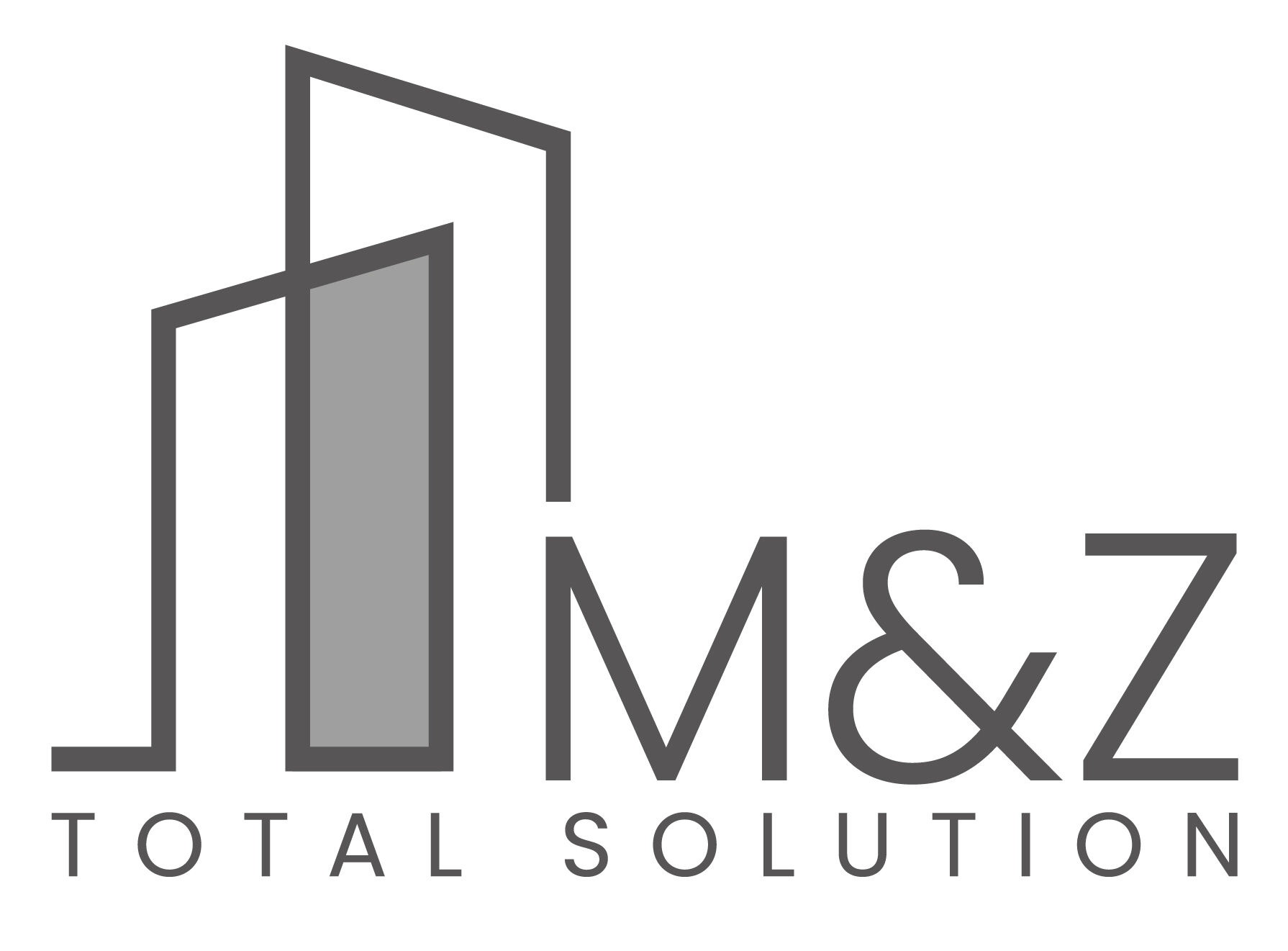In the realm of property management, success lies in the ability to maintain and preserve properties effectively. Effective maintenance not only enhances the overall value of the property but also ensures tenant satisfaction and loyalty. By implementing proactive maintenance strategies, property managers can secure long-term success and create a thriving environment for both property owners and tenants.
Importance of Proactive Maintenance:
Proactive maintenance is the cornerstone of successful property management. It involves identifying and addressing maintenance issues before they escalate into major problems. By conducting regular inspections, property managers can detect potential issues early on and take the necessary preventive measures. This approach saves both time and money in the long run, as it minimizes the occurrence of costly repairs and ensures the property remains in optimal condition.
Preserving Property Value:
Effective maintenance plays a pivotal role in preserving the value of properties. By promptly addressing maintenance issues, property managers prevent small problems from escalating into larger, more expensive ones. Regular upkeep and repairs help maintain the property’s aesthetics, functionality, and overall appeal. This preservation of value is essential for attracting quality tenants, maximizing rental income, and protecting the long-term investment of property owners.
Tenant Satisfaction and Retention:
Proactive maintenance strategies contribute significantly to tenant satisfaction. When tenants experience prompt response and resolution of maintenance requests, it fosters a positive relationship and enhances their overall living experience. Happy tenants are more likely to renew their leases, leading to higher occupancy rates and reduced turnover costs. By prioritizing maintenance and promptly addressing tenant concerns, property managers can create a positive reputation and attract new tenants through word-of-mouth referrals.
Effective Maintenance Practices:
To achieve effective maintenance and preservation, property managers should establish clear maintenance protocols. This includes developing a comprehensive preventive maintenance plan, scheduling regular inspections, and promptly addressing maintenance issues. It is crucial to maintain open lines of communication with tenants, providing a reliable system for reporting maintenance requests and ensuring timely responses. Additionally, leveraging technology, such as property management software, can streamline maintenance operations, facilitate communication, and track maintenance history.
Conclusion:
Effective maintenance and preservation are the keys to successful property management. By implementing proactive maintenance strategies, property managers can ensure the long-term value of properties while promoting tenant satisfaction and retention. Through regular inspections, prompt repairs, and clear communication channels, property managers create a positive environment for property owners and tenants alike. By prioritizing effective maintenance practices, property managers pave the way for success in the dynamic field of property management.

Hi, this is a comment.
To get started with moderating, editing, and deleting comments, please visit the Comments screen in the dashboard.
Commenter avatars come from Gravatar.